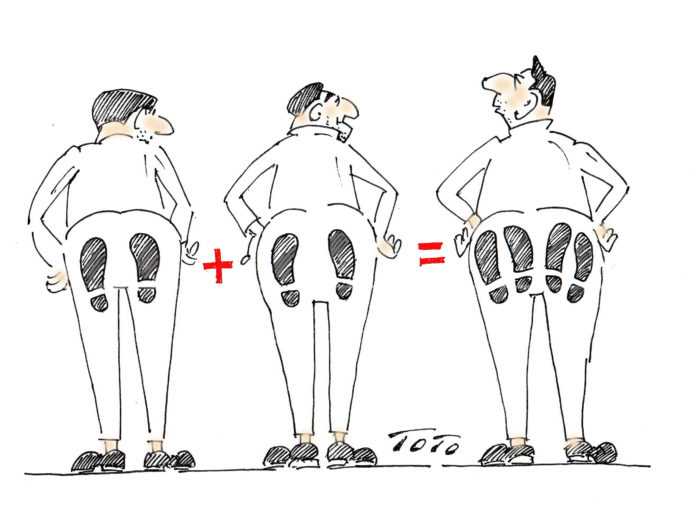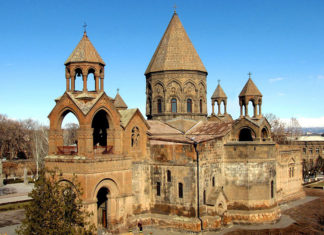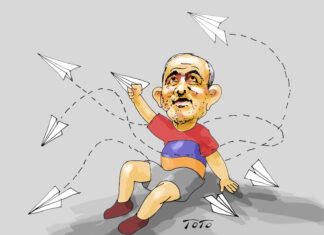Armenians will go to the polls to elect a new parliament for the first time since the first elections of the independent third Republic of Armenia without bribes or coercion.
The mayoral elections of Yerevan were conducted in a very peaceful atmosphere last month. The enthusiasm and the euphoria which had catapulted Nikol Pashinyan to the post of prime minister were lacking during the staid elections.
Under the previous regime, Yerevan’s mayoral elections were held with the participation of 40 percent of the registered voters. After the Velvet Revolution, only minor changes were recorded in the percentage of voters participating, which became 43 percent. Some facts and justifications are needed to explain the low number of participants.
One explanation referred to the lack of bribes. The other one, the certainty that Pashinyan’s My Step (Eem Kayleh) party would carry a landslide victory, therefore participation or staying away would not impact the outcome of the elections.
At this time, it is feared that the same factors may once again keep voters from the election booths.
The political mood of the citizenry can be gauged by talking to the cab drivers. Before the Velvet Revolution, they could not wait for a passenger to get in the cab to begin their complaints about the government leaders and the rising prices of commodities.









